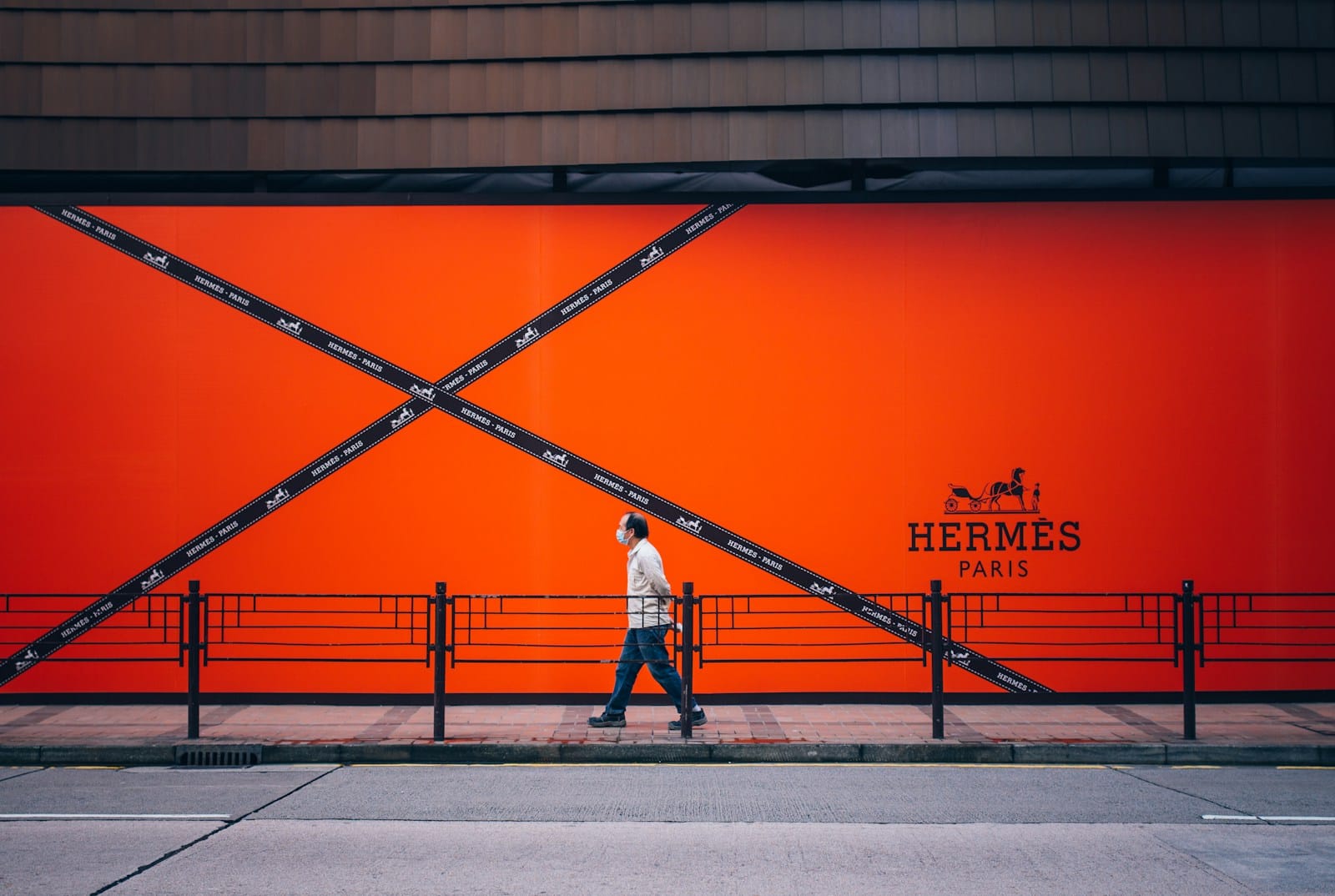Hermes defies luxury slowdown with sales jump in China, outpacing competition

In stark contrast to its industry counterparts, Hermès experienced a significant upswing in sales in the first quarter of 2024, particularly in China. While French rivals LVMH Moët Hennessy Louis Vuitton SE witnessed slow growth and Kering weathered a downturn, Hermès stood out as a resilient player in the luxury goods sector. We explore the factors behind Hermès’ success, current market trends, and what this could mean for the future of the luxury goods industry.
Factors Contributing to Hermès’ Success
Hermès has reaped the rewards of its commitment to exclusivity, seeing a 17% hike in revenues during Q1 primarily due to immense demand for its high-end handbags, particularly the coveted Birkin bag. In a market where consumers crave unique and status-affirming items, Hermès has been able to maintain the appeal of its products.
The French luxury house made significant strides in the Asia-Pacific region, with sales revenue climbing 13.9% Amid general concerns over the stability of the Chinese luxury consumer base, this accomplishment demonstrates the brand’s resilience in a key market.
Market Trends
The luxury goods market is treading through a slowdown. Major players like LVMH and Kering offer little reassurance of any resurgence in Chinese demand . LVMH’s like-for-like sales inched up only 3%, while Kering’s numbers took a 19.1% hit .
The decline in Kering’s fortunes is reflected in its valuation. The company’s 12-month forward price-to-earnings ratio stands at 16, compared with 24 for LVMH and an impressive 51 for Hermès . The numbers underline Hermès’ robust performance and the confidence investors place in its business model.
Implications for the Luxury Goods Industry
Hermès’ recent success carries implications for the luxury goods sector as a whole. It highlights an element that often goes overlooked: the importance of brand exclusivity in a slowing market. Hermès‘ strategy could encourage other luxury brands to limit the availability of their products and improve their focus on exclusivity.
Despite the overarching slowdown, Hermès’ positive figures in China indicate that brands that cater to the tastes of local consumers can still find significant opportunities in the market. This might result in more targeted approaches to navigating the Chinese luxury market, and more effort into understanding and catering to the particular preferences of Chinese consumers.
The company’s superior performance could also place other luxury brands in the investor spotlight, particularly those failing to adapt to shifting consumer preferences and market dynamics. Such companies could find themselves lagging behind in an intensely competitive sphere.
The Bottom Line
Hermès’ exceptional Q1 sales in China, which exceeded the growth of LVMH and eclipsed the decline of Kering, reflect the company’s commitment to retaining its exclusive status and appealing to China’s luxury consumers amidst broader market challenges. As the luxury goods landscape evolves, Hermès’ can serve as a model for other luxury brands attempting to understand the complexities of global luxury consumption.
Do you want to share your story and inspire our readers ? Know that YOUR EXPERTISE is paving the way for a brighter, happier future.




